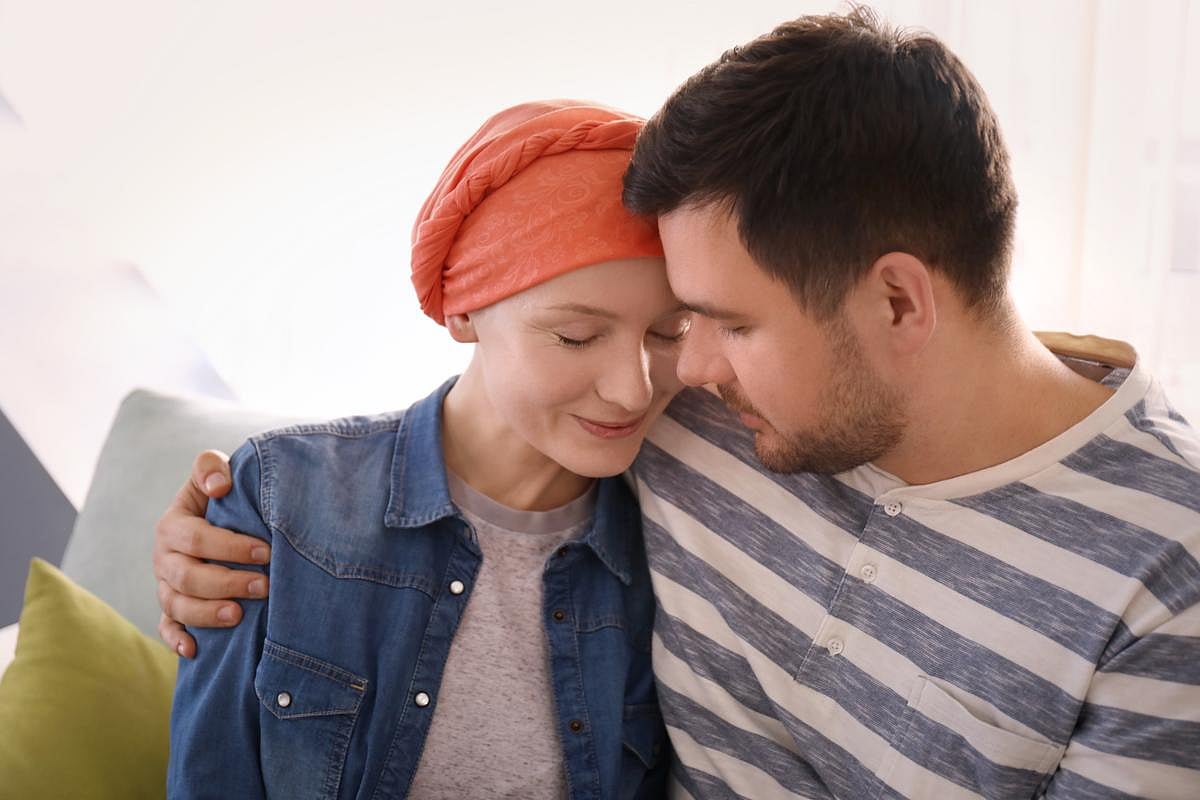
Concussions and traumatic brain injuries (TBI) have been considered a potential cause of ALS, also known as Lou Gehrig’s disease. But a new study argues the association might be the other way around, with concussions providing an early warning sign among folks already in the early stages of ALS (amyotrophic lateral sclerosis). The loss of… read on > read on >






























